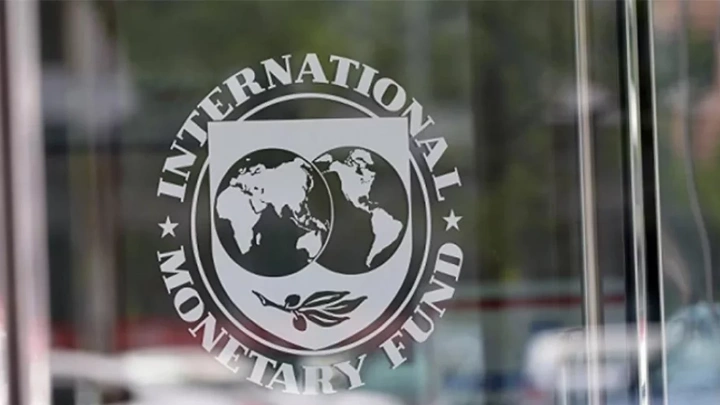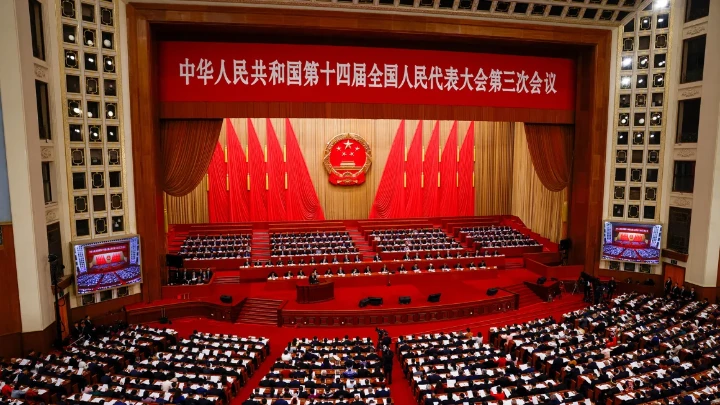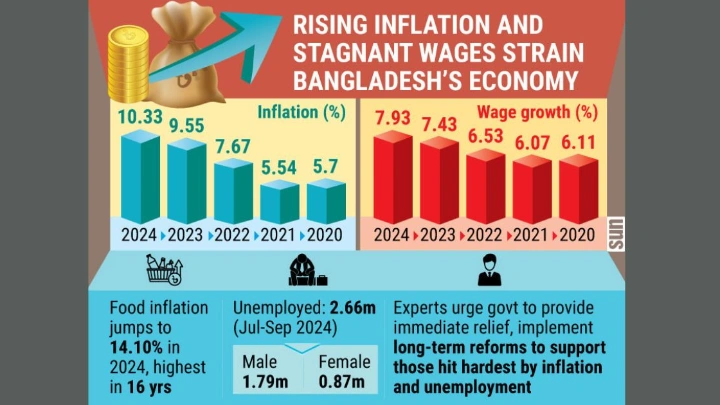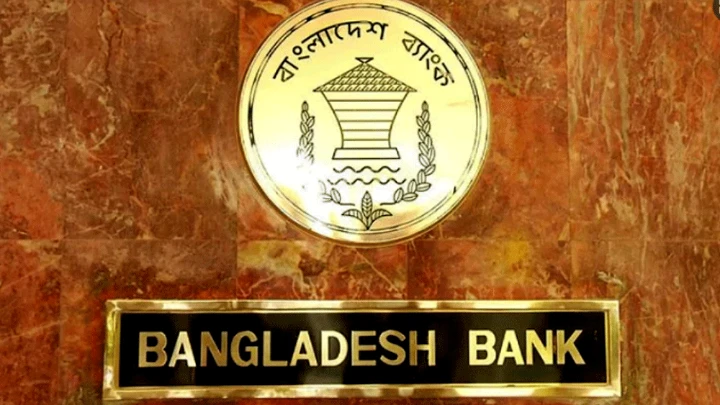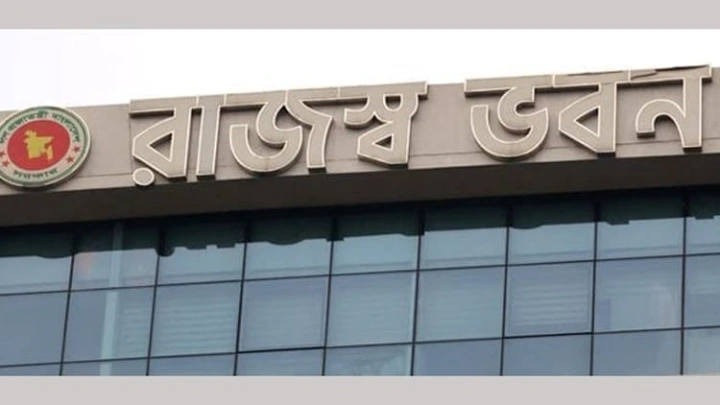IMF approves third installment of $1.15bn loan for Bangladesh
DhakaTribune || Shining BD
The International Monetary Fund (IMF) has approved the third installment of $1.15 billion under the $4.7 billion loan.
The IMF delegation and the Bangladesh authorities have reached a staff-level agreement on the policies needed to complete the second review of the authorities’ programme supported by the IMF’s Extended Credit Facility (ECF), Extended Fund Facility (EFF), and Resilience and Sustainability Facility (RSF), said Chris Papageorgiou, IMF mission chief to Bangladesh in a press conference on Wednesday at Ministry of Finance.
“Completion of the second review will make available SDR704.70 million (about $932 million, equivalent to 66% of quota) under the ECF/EFF and SDR166.68 million (about $220 million, equivalent to 15.6% of quota) under the RSF. The review is pending IMF Executive Board approval. Upon the Board’s approval, Bangladesh will have access to SDR871 million (about $1,152 million) in financing,” he explained.
IMF mission chief to Bangladesh also said that Bangladesh should prioritize sustainable revenue generation to bolster investments in social welfare and development initiatives and include tax policy and administrative measures in the budget for the upcoming financial year to augment tax collections.”
He also added: “Considering Bangladesh’s low tax-to-GDP ratio, it is imperative to prioritize sustainable revenue generation to bolster investments in social welfare and development initiatives.
“To this end, tangible tax policy and administrative measures should be incorporated into the FY25 budget to augment tax revenues by 0.5% of GDP. At the same time, a medium- and long-term revenue strategy, with an accompanying implementation framework, should guide future reforms.
“Reducing subsidies, improving expenditure efficiency, and managing fiscal risks will allow for additional spending on social safety nets and growth-enhancing investment.”
Regarding the banking sector, the IMF said: “Reducing banking sector vulnerabilities remains a priority. Efforts to implement the non-performing loan reduction strategy should help support the growing financing needs of the economy.
“At the same time, Bangladesh Bank should continue the transition to risk-based supervision to enhance financial sector resilience, while continuing legal reforms to improve corporate governance and regulatory frameworks.”
IMF also stated that, Bangladesh authorities adopted some critical reforms to address macroeconomic imbalances, including the realignment of the exchange rate, adoption of a crawling peg regime, and the full liberalization of retail interest rates. It is imperative to sustain the reform momentum and ongoing efforts towards macroeconomic stabilization.
The authorities’ reform program supported by the IMF will continue to help Bangladesh navigate a difficult external environment and preserve macroeconomic stability, while accelerating economic reforms and delivering on their climate agenda to achieve sustainable, inclusive, green growth.
At the end of the mission, that took place between April 24 to May 8, IMF stated that nonetheless, larger-than-expected spillovers from tightening of global financial conditions, and still elevated international commodity and food prices, coupled with domestic vulnerabilities, has led to persistently high inflation and declining foreign exchange (FX) reserves. This has exacerbated pressures on the economy and heightened the complexity of macroeconomic challenges.
“Against this backdrop, we welcome Bangladesh Bank’s bold actions to realign the exchange rate and simultaneously adopt a crawling peg regime with a band as a transitional step toward greater exchange rate flexibility to restore external resilience. Following the liberalization of retail interest rates, additional tightening of monetary policy should help alleviate any inflationary pressures resulting from the exchange rate reform.
Fiscal policy should support these monetary tightening efforts through revenue-based consolidation. If external and inflationary pressures intensify, the authorities should stand ready to tighten policies further.
In the recent statement, the IMF expressed optimism about the future of the economy, foreseeing a gradual stabilization in the macroeconomic outlook as policy measures take effect.
They expect real GDP growth to slow down to 5.4% in FY24 due to ongoing import constraints and tightened policies. However, there's a projection for a rebound to 6.6% in FY25 as imports recover and foreign exchange pressures ease.
Inflation is expected to remain high at around 9.4% (year-on-year) in FY24 but is anticipated to drop to about 7.2% in FY25. This reduction is attributed to continued tight policy measures and expected decreases in global food and commodity prices. Nonetheless, uncertainties persist, with risks mostly leaning towards the downside.
The IMF emphasizes the importance of maintaining reform momentum to achieve the government's target of attaining upper middle-income country status by 2031. This involves diversifying trade, attracting more foreign direct investment, improving the investment climate, and bolstering governance.
Shining BD

